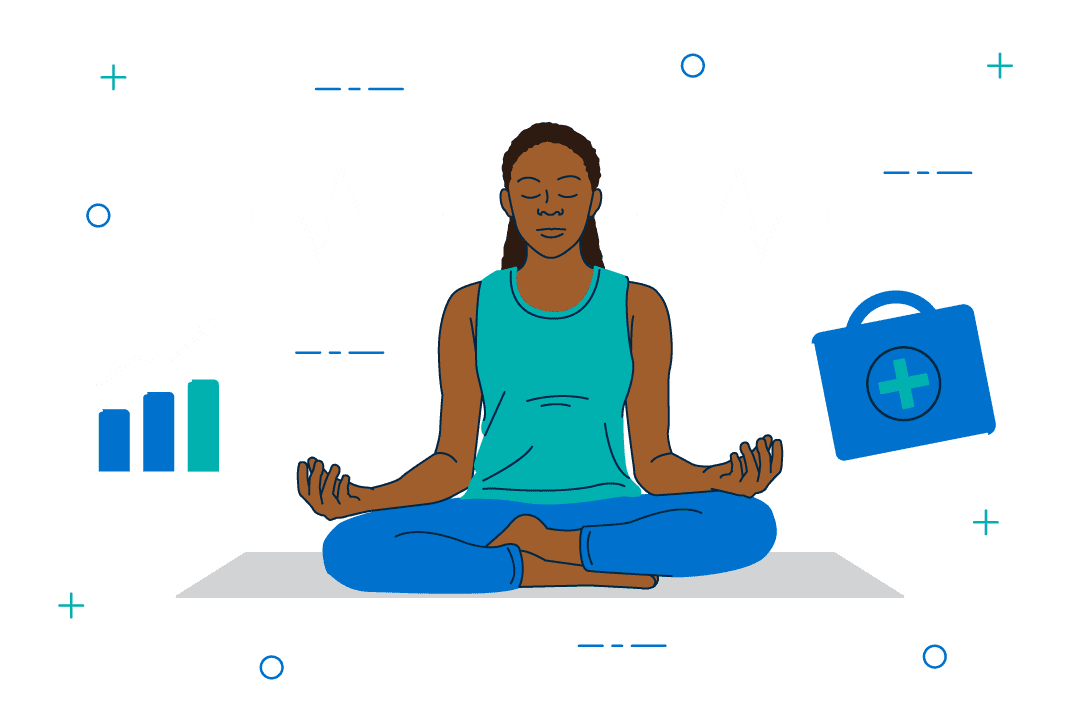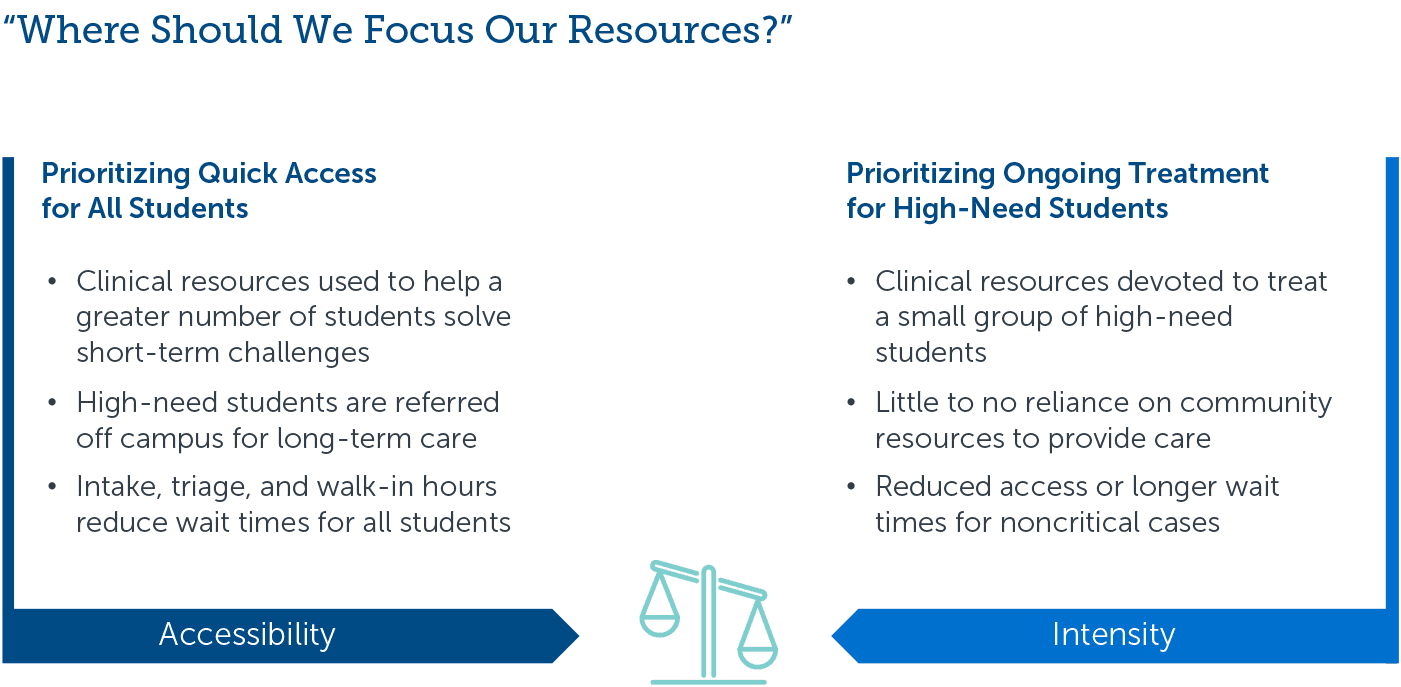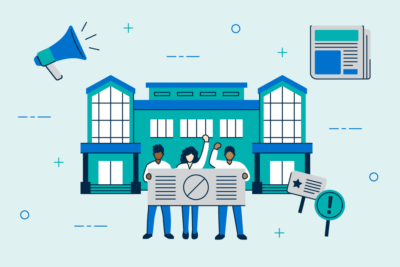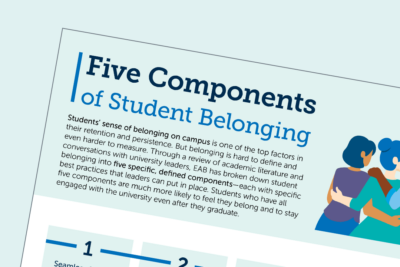Maximize Counseling Center Operations and Efficiency
Counseling centers have experienced a surge of demand across the last decade, with no signs of slowing. Institutions can better meet demand and student needs by improving clinical efficiency. Clinical time is an extremely valuable resource, so using that time effectively will benefit students and institutions.

Determine and write a scope of services statement for on-campus care
As demand for counseling services continues to rise, counseling centers must grapple with the fact that they can’t provide all types of services with finite resources. Bring together counseling center and student affairs leadership to define your institution’s mission and goals for campus mental health services. Use our discussion guide to help reach a consensus.


Communicate your scope of service statement
Communicate your scope of care statement so students and families understand the types of care they can and cannot expect through campus services. Setting expectations early prompts students and families to think ahead about how they will access care for long-term, intensive, or specialized mental health care.

Optimize individual therapy appointments
Individual therapy appointments represent valuable clinical time. Counseling centers should maximize one-on-one sessions through intentional goal-setting conversations and frequent progress checks.
Reframe individual therapy as a structured, goal-oriented treatment option with a clear end point. Regular checkpoints help clinicians and students monitor progress and establish a treatment plan that is responsive to students’ ongoing progress and needs, whether that means continuing with individual therapy, exploring other treatment options, or concluding treatment.

Too often, students are meandering through counseling until they reach the end of the semester or an arbitrary appointment limit. Instead, they should be actively working with their counselor to answer this question: How do I know when I don’t need counseling anymore?
Director of Counseling Services
Public Research University
Reinvigorate group therapy
Group therapy offers many advantages to students and counseling centers. It is proven to be clinically effective, it is adaptable and scalable for evolving student needs, and it increases clinical capacity. But common roadblocks (including lack of education and complicated logistics) hamper widespread use of group therapy on many campuses. Use this resource to help you reinvigorate group therapy.

Right-size staffing strategy based on student needs
Students’ mental health needs do not neatly fit into a 9 a.m. to 5 p.m., Monday through Friday schedule, and nearly every counseling center experiences fluctuations in demand across the year. Yet most counseling centers operate with stagnant staff levels with limited budget to expand hours or hire more counselors. Beyond improving the efficiency of individual appointments and groups, explore larger opportunities, like outsourcing after-hours care or hiring contracted staff, to increase the efficiency your campus counseling center.

Now that you've finished the roadmap
-
Best practices to meet the demand for mental health support
-
Mechanisms to ensure continuity of mental health care
-
How Vanderbilt University reimagined holistic care
More Resources

Student Experience and Well-being Resource Center

5 components of student belonging
